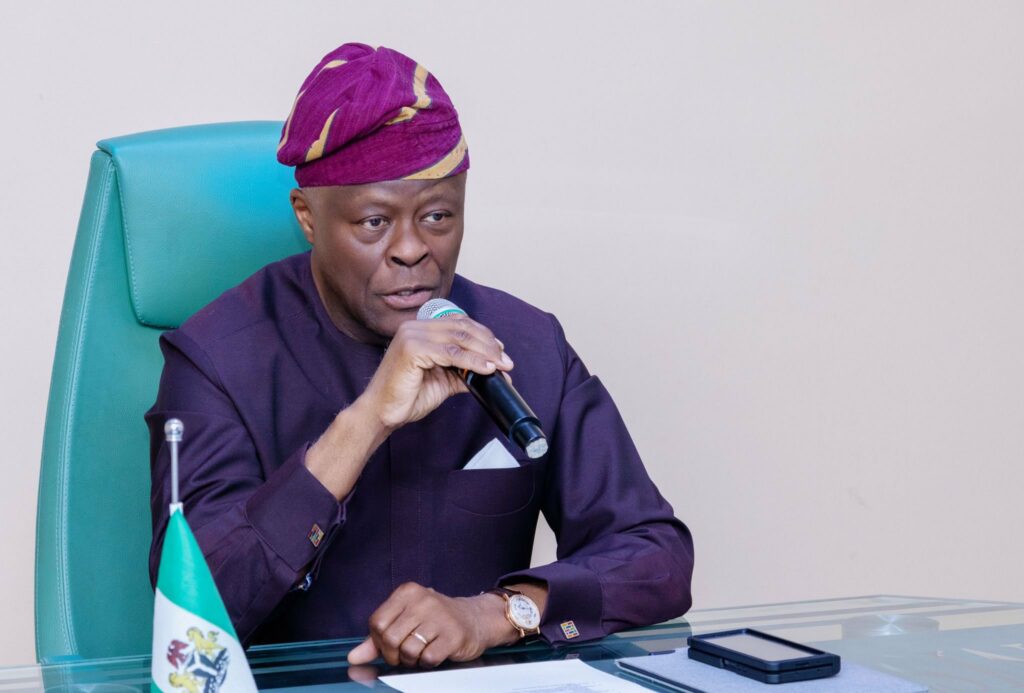BREAKING: FG To Strengthen Naira-for-Crude Policy

The federal government has reaffirmed its commitment to advancing the crude and refined products sales in naira initiative (popularly known as naira-for-crude) as part of broader efforts to stabilise the national currency, boost domestic refining and enhance energy security.
This came from a follow-up meeting of the technical sub-committee on the initiative held in Abuja on Thursday under the chairmanship of the minister of Finance and Coordinating Minister of the Economy, Mr Wale Edun.
The meeting reviewed implementation milestones and noted significant progress since the last engagement, according to a statement by the director of Information and Public Relations in the Ministry of Finance, Mohammed Manga.
The session was attended by key government and industry stakeholders, including the executive chairman of the Federal Inland Revenue Service (FIRS) and chairman of the Technical Sub-Committee, Mr Zacch Adedeji; special adviser to the president on Energy, Ms. Olu Verheijen; senior officials from the Nigerian National Petroleum Company Limited (NNPCL) as well as representatives of local refining operators and regulatory bodies such as the Nigerian Midstream and Downstream Petroleum
Regulatory Authority (NMDPRA), the Nigerian Upstream Petroleum Regulatory Commission (NUPRC), and the Nigerian Ports Authority (NPA).
The policy, which forms a core pillar of President Bola Tinubu’s economic reform agenda, aims to transition crude oil and refined petroleum product transactions – particularly within the domestic market – from dollar-denominated sales to Naira, in order to conserve foreign exchange, deepen local market operations and stimulate value addition across the petroleum sector.
Stakeholders at the meeting restated their collective resolve to ensure the smooth and effective implementation of the initiative, which they described as a bold and necessary step toward reinforcing Nigeria’s monetary sovereignty and energy self-sufficiency.
Edun commended the ongoing collaboration among agencies and partners, noting that such inter-agency coordination is essential to driving reforms that will deliver long-term macroeconomic stability.
He pledged that the government would continue to provide updates as the policy advances through further phases of implementation.
The initiative, first introduced in early 2024, has gained momentum in recent months with growing support from both the public and private sectors.
It is widely seen as a strategic move to reduce pressure on the foreign exchange market, incentivise domestic refining and strengthen the Naira amid Nigeria’s broader economic recovery efforts.
